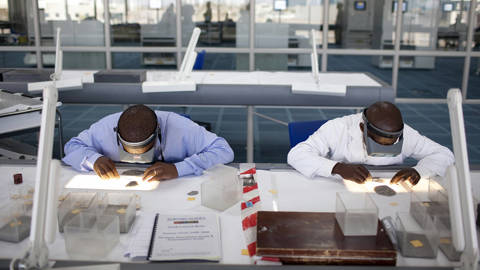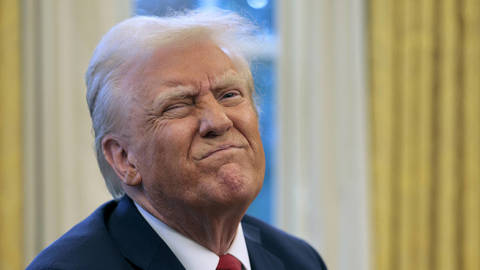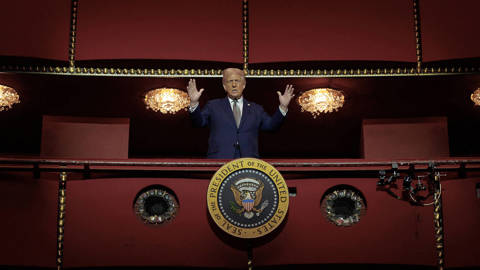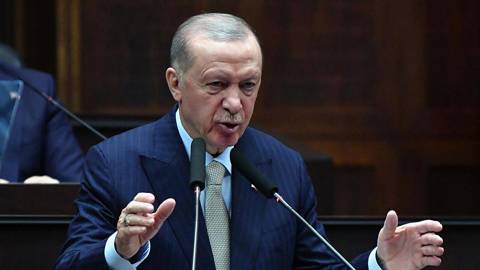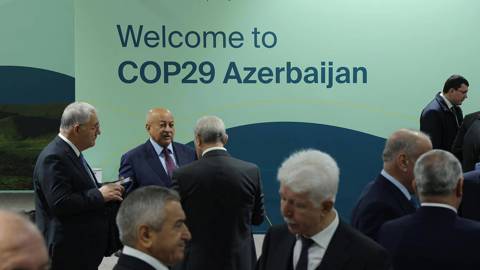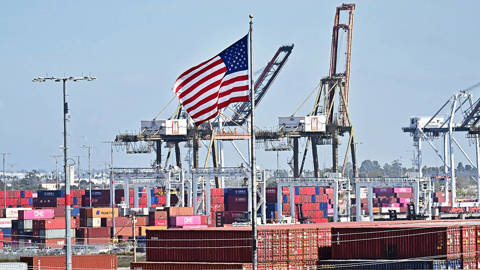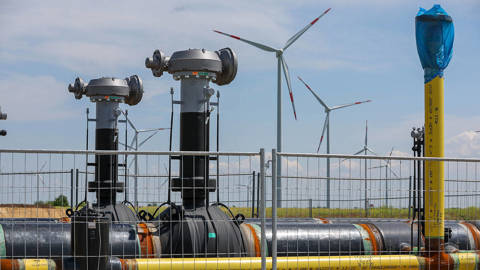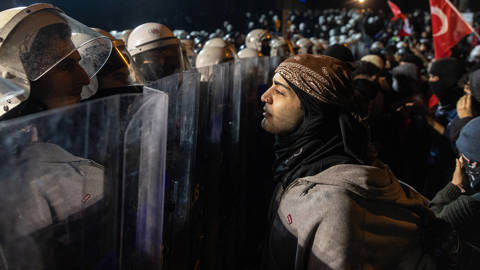Ngozi Okonjo-Iweala
Ngozi Okonjo-Iweala is Director-General of the World Trade Organization.
-
America’s Big Trade Win

America’s Big Trade Win
Mar 19, 2025 Ngozi Okonjo-Iweala encourages the US government to acknowledge the country’s impressive success in exporting services.
-
The Key to Unlocking the Benefits of Trade
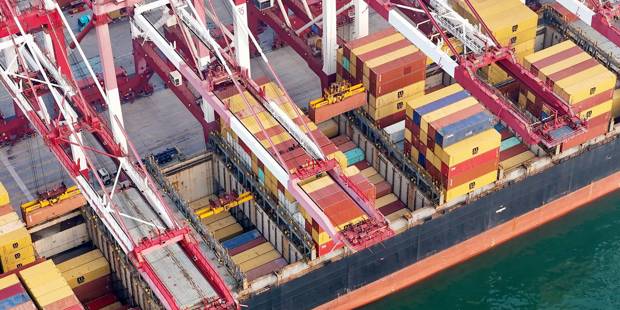
The Key to Unlocking the Benefits of Trade
Oct 23, 2024 Ngozi Okonjo-Iweala & Makhtar Diop show how a lack of supply-chain finance keeps many businesses and economies on the sidelines.
-
The Slow Mpox Response Is Another Pandemic Wake-Up Call

The Slow Mpox Response Is Another Pandemic Wake-Up Call
Sep 27, 2024 Ngozi Okonjo-Iweala explains what world leaders need to do to prepare for future pathogens in light of the latest failures.
-
The Water-Security Crisis
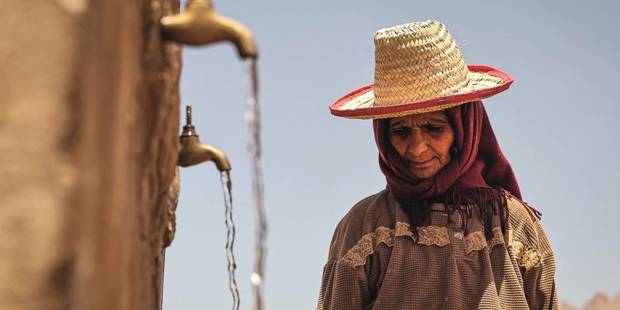
The Water-Security Crisis
Sep 9, 2024 Mariana Mazzucato, et al. call attention to a global problem that demands far more attention from policymakers at all levels.
-
The Water-Security Crisis

The Water-Security Crisis
Sep 6, 2024 Mariana Mazzucato, et al. call attention to a global problem that demands far more attention from policymakers at all levels.
